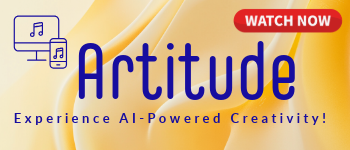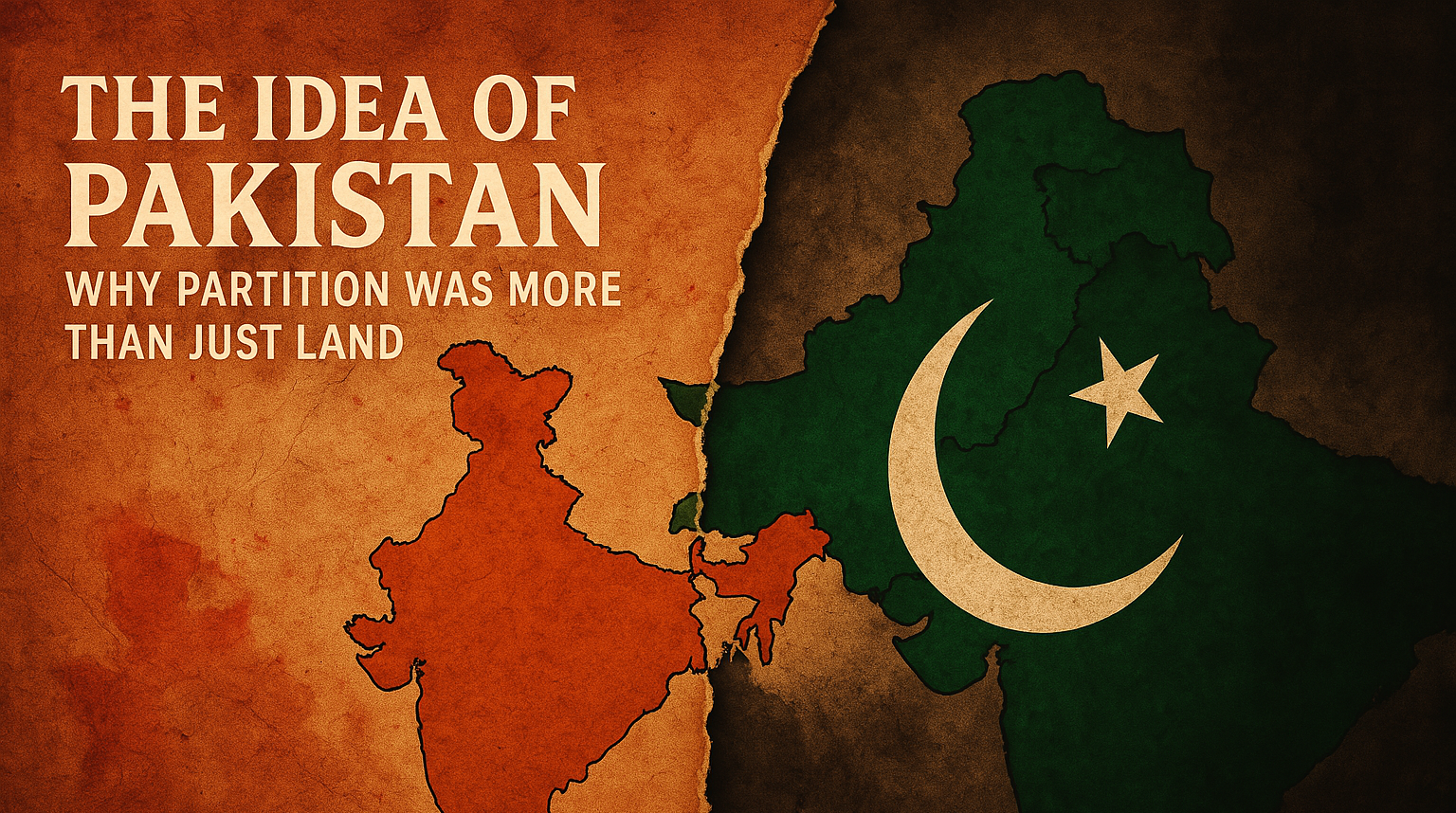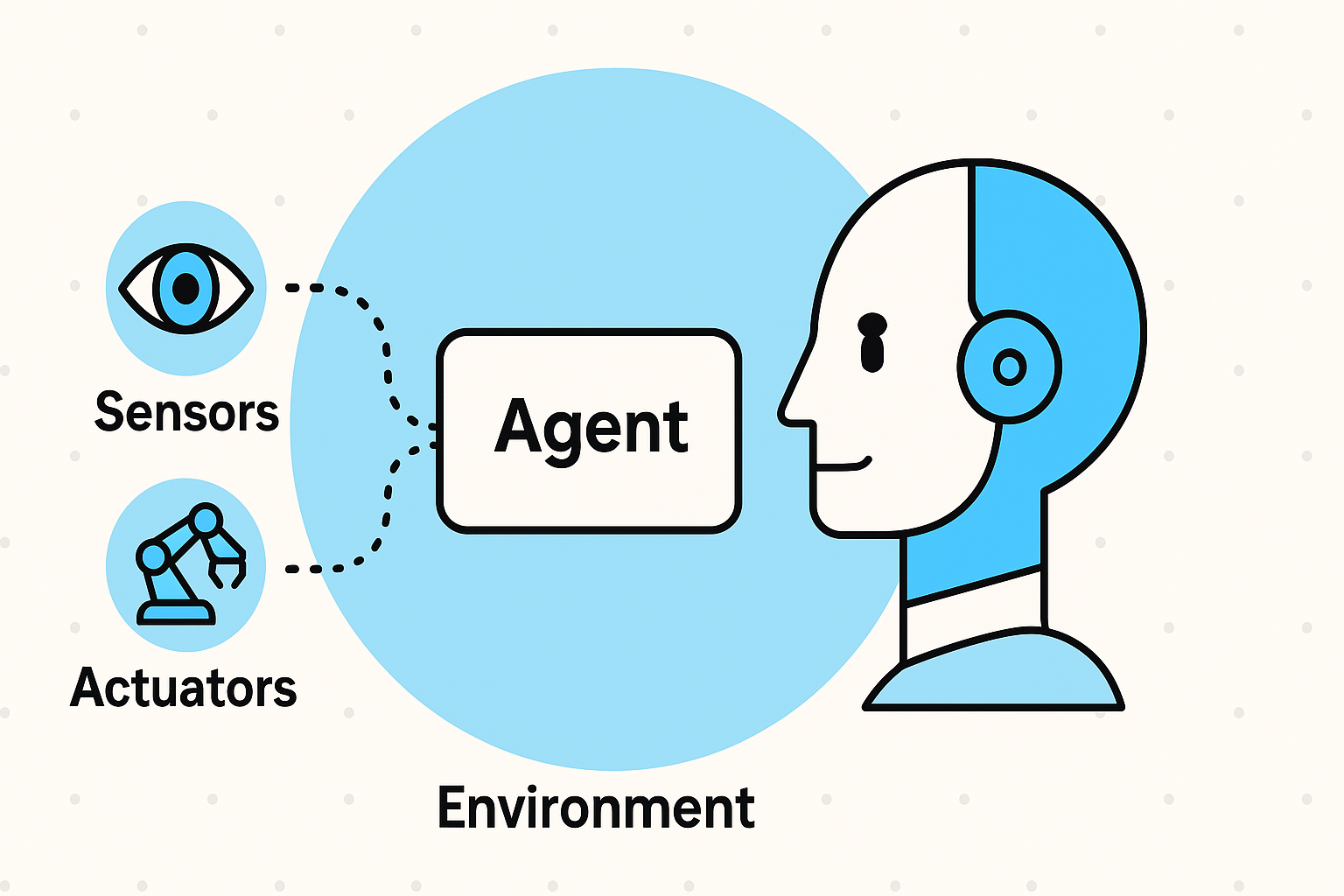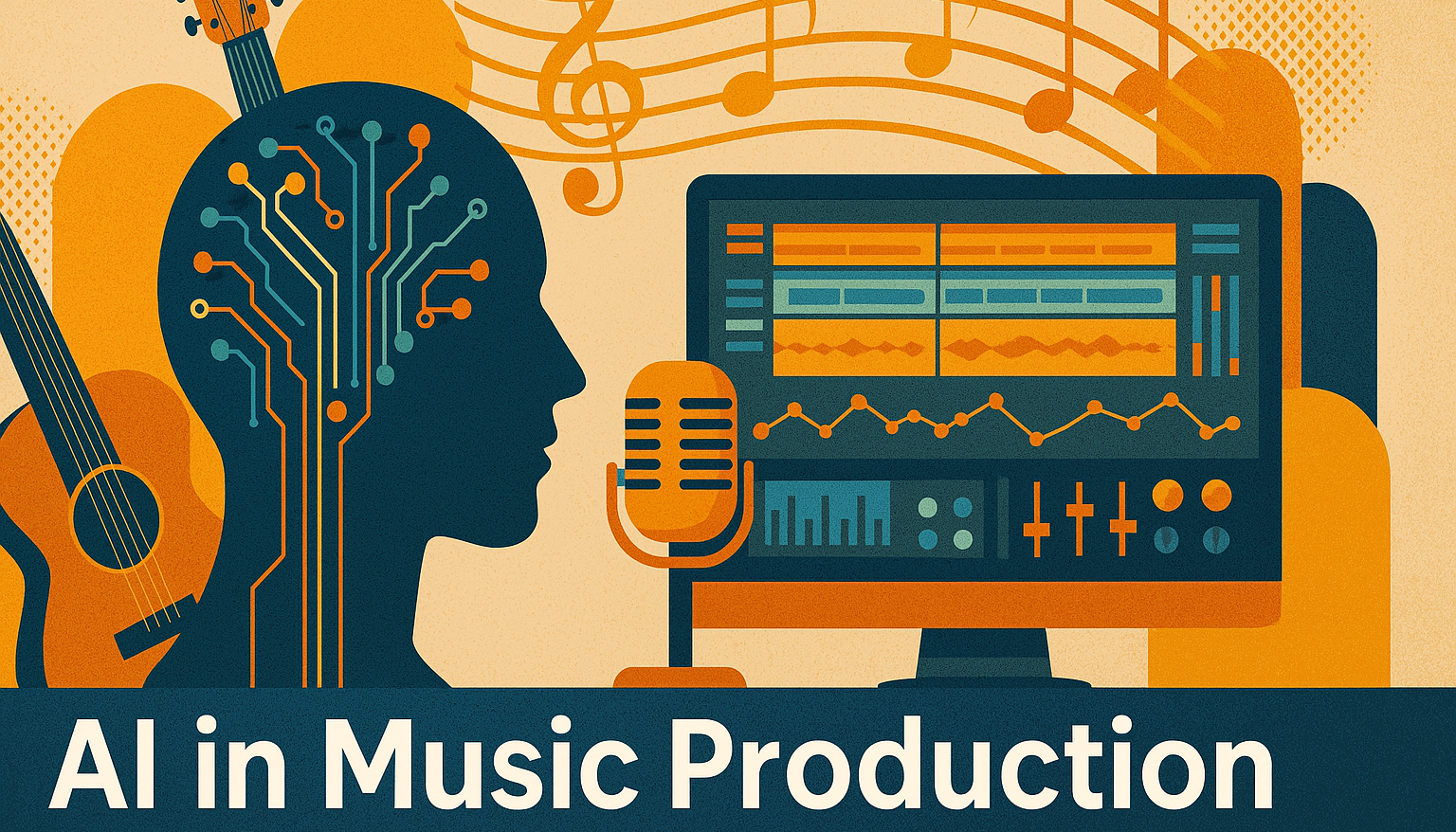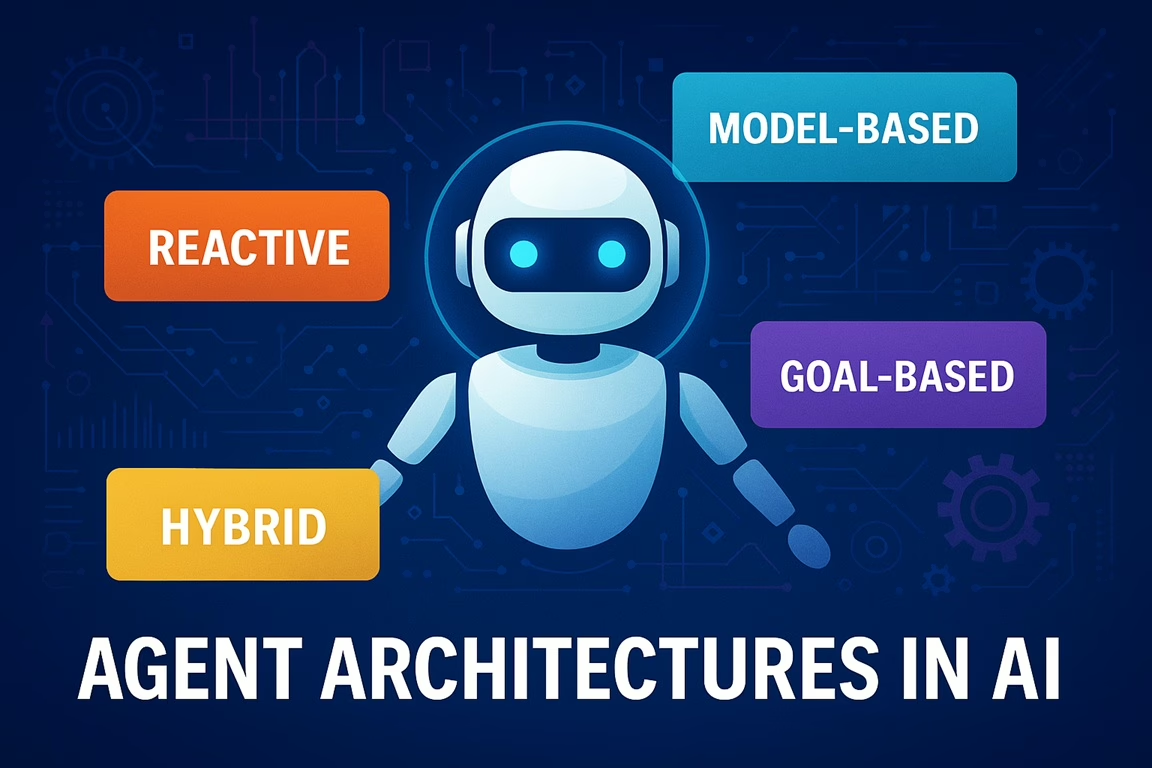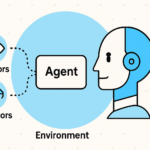If you think about the word “music”, chances are your mind conjures images of artists strumming guitars, drummers beating drums, or a choir belting out harmonies. But there’s a new player on the scene—the AI. Yes, AI in music production is now stepping into the spotlight, and it’s changing the game for music producers, musicians, and the entire music industry. It’s reshaping how songs are made, how they’re mixed, and even how they’re distributed. As a result, many musicians are exploring how AI can elevate their sound.
In this article, we’ll explore how AI is revolutionizing music production, from AI-generated songs to the innovative tools making it all happen. Buckle up, because this is going to be an exciting journey through the future of music!
How AI in Music Production Is Changing the Game
Gone are the days when music was created using only analog tools and raw talent. Today, with AI in music production, anyone—whether they’re a seasoned musician or a complete beginner—can create high-quality music.
AI tools for music production allow fast composition. They help create both AI-generated songs and complex musical pieces. AI tools like Amper Music and Aiva use machine learning algorithms to compose music, based on input like genre, mood, or specific instructions. And the results? Some seriously cool, emotionally resonant music.
But can AI actually create music that connects with listeners on a personal level? The answer is a resounding yes.
AI-Generated Songs: The New Wave of Music Creation
Let’s take “Caitlin from Winchester”, my AI-generated romantic song, as an example of how AI in music production works in practice. This track, created using AI tools like Suno AI, tells the story of a traveler who meets Caitlin, a charming bartender at a cozy British pub. It explores love, longing, and missed connections—all created by AI.
🔗 Listen to “Caitlin from Winchester” on YouTube: Watch the music video here
This song demonstrates just how far AI technology has come. Using generative algorithms, the AI was able to produce lyrics, melodies, and even the emotion that makes the song feel deeply human. Even though it was made by an algorithm, the song still resonates emotionally.
To understand this better, let’s explore the key tools making it happen.
AI in Music Production: Tools Driving Creativity
While AI-generated songs are impressive, there’s more to AI’s role in music production than just composition. AI-powered tools now help musicians shape every part of the music-making process, helping musicians, producers, and sound designers to create faster and more efficiently.
1. AI-Powered Mixing and Mastering
Mixing and mastering music is a critical step in ensuring a song sounds polished. Traditionally, this process required expert sound engineers, but now, AI tools like LANDR and iZotope’s Ozone can automatically adjust things like EQ, compression, and level balancing to give your track a professional touch.
2. AI in Sound Design
AI tools like Endlesss help musicians create unique sounds and loops by understanding patterns in audio. Whether you’re producing electronic music or composing for a film score, AI sound design tools help you create fresh, innovative sounds tailored to your style.
3. AI-Driven Music Collaboration
Want to collaborate with an AI while creating a song? Tools like Jukedeck allow you to interact with AI to produce music in real-time. The AI adapts its output based on your input, giving you full creative control while still benefiting from the AI’s ability to generate fresh ideas and compositions.
The Impact of AI on the Music Industry: Efficiency and Creativity Combined
While AI’s influence on music production is evident, let’s zoom out and see how it’s impacting the entire music industry. From lowering barriers to entry for independent artists to reshaping music distribution, AI is poised to make a lasting impact.
1. Lowering Barriers to Entry
In the past, getting into music production meant hefty equipment costs and years of learning. But with AI-powered platforms like Amper Music and Suno AI, musicians can produce high-quality tracks on their laptops with little to no experience. This democratization of music production allows independent artists to create and release music without expensive studio time.
2. Personalized Music Distribution
Platforms like Spotify use AI to create personalized playlists and predict which songs will resonate with listeners. AI analyzes listener behavior and preferences, providing personalized music recommendations, which also helps artists reach their target audiences more effectively. AI is optimizing music marketing and distribution, making it easier for new music to be heard.
3. AI in Live Performances and Concerts
AI is also changing how we experience live music. From holograms of artists to virtual performers, More artists now use AI to create immersive live experiences. With AI-generated visuals syncing to music, live shows are becoming even more immersive.
That said, the real excitement lies ahead.
The Future of AI in Music Production
Looking ahead, the future of AI in music production is incredibly exciting. As AI evolves, it will continue to improve the quality and efficiency of music creation. Imagine AI that can generate entire albums based on a few inputs or software that can automatically master music to a professional level.
Will AI completely replace musicians? No. It will, however, empower them by providing them with new tools to enhance their creative process. AI-generated music will never replace the emotional depth that human musicians bring to their work, but it will definitely complement their creativity, allowing for faster production and more exploration.
In summary, AI is not replacing musicians—it’s empowering them.
Conclusion
The rise of AI in music production is reshaping the music industry in ways we could only imagine a few years ago. AI helps with everything—from creating songs like “Caitlin from Winchester” to mixing and mastering tracks. AI is enabling a new era of musical creativity.
As the technology advances, we can expect even more innovative tools to help musicians express themselves in ways they never thought possible. The future of AI in music production is bright, and it’s only going to get more exciting from here.
Interested in learning more about how AI actually works? Dive deeper into the world of artificial intelligence by exploring AI agents—understand how they think, act, and learn in our comprehensive guide:

